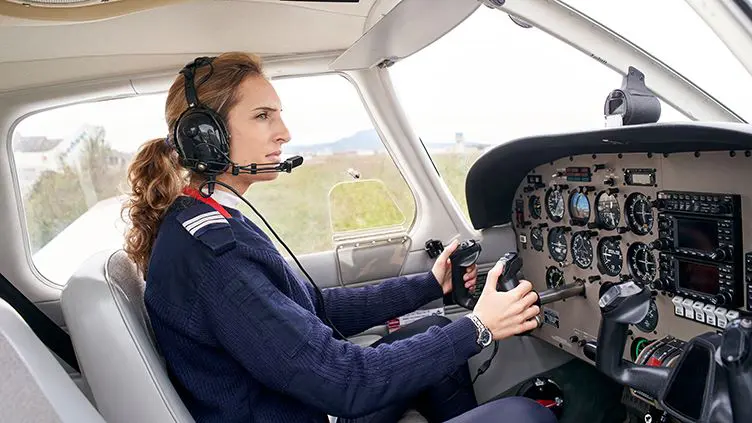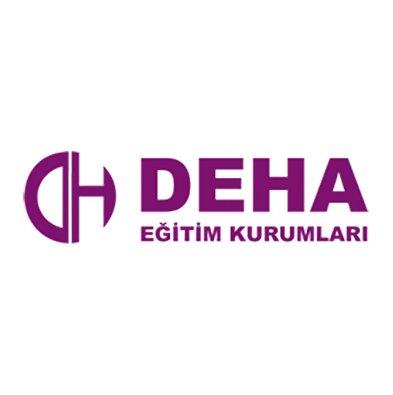Flight academies play a crucial role in preparing aspiring pilots and aviation professionals for successful careers in the dynamic and challenging world of aviation. To ensure effective and efficient training delivery, flight academies are increasingly turning to Learning Management Systems (LMS). In this blog post, we will explore the reasons why flight academies need LMS for aviation training and the significant benefits they offer to both trainers and trainees.
Centralized Management of Training Programs:
Aviation training academies often offer a wide range of courses and training programs. Managing these programs manually can be overwhelming and time-consuming. LMS provides a centralized platform that allows flight academies to organize, schedule, and manage their training programs efficiently. Trainers can easily create and update course materials, track progress, and monitor performance—all from a single, user-friendly interface.
Seamless Content Delivery:
The aviation industry is constantly evolving, and it’s crucial for flight academies to provide up-to-date and relevant training content. LMS enables flight academies to create engaging and interactive learning materials, including multimedia resources, simulations, and assessments. With LMS, trainers can effortlessly deliver content to trainees, ensuring consistent and standardized instruction across all courses.
Enhanced Learning Experience:
LMS offers a variety of features and tools that enhance the overall learning experience for trainees. Interactive modules, discussion forums, and collaborative learning activities foster engagement and knowledge retention. Trainees can access course materials anytime, anywhere, allowing for self-paced learning and accommodating different learning styles. LMS also facilitates instructor-trainee communication, enabling personalized feedback and support throughout the training process.
Efficient Administration and Tracking:
Flight academies need efficient administrative processes to manage trainee records, track progress, and evaluate performance. LMS automates many administrative tasks, such as attendance tracking, test and exam creation, and result recording. Trainers can generate reports and analytics to monitor trainee performance and identify areas for improvement. This streamlines administrative workflows, reduces paperwork, and saves valuable time and resources.
Compliance and Certification Management:
Aviation training requires adherence to strict regulations and standards. LMS simplifies compliance management by allowing flight academies to ensure that their training programs meet regulatory requirements. Trainers can easily track trainee certifications, monitor compliance status, and generate certificates upon successful completion of courses. This not only facilitates regulatory compliance but also enhances the academy’s reputation for maintaining high training standards.
Learning Management Systems have become indispensable tools for flight academies seeking to




















